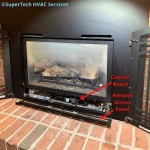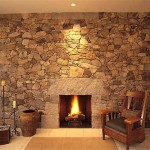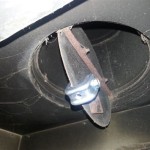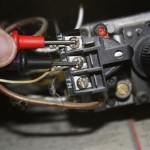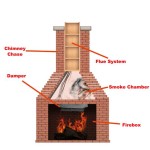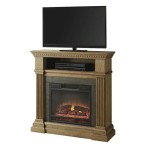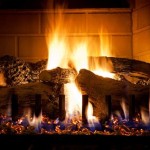Best Wood Finish For Fireplace Mantel
A fireplace mantel is a prominent focal point in any room, adding warmth, elegance, and character. Choosing the right wood finish for your mantel is crucial to complementing your existing decor and achieving the desired aesthetic. With numerous options available, understanding the characteristics and benefits of different wood finishes can help you make an informed decision. This article explores some of the best wood finishes for fireplace mantels, providing insights into their unique attributes and suitability for various styles.
Natural Finishes: Embracing the Wood's Beauty
Natural wood finishes emphasize the inherent beauty of the wood grain, allowing its natural color and texture to shine through. These finishes provide a subtle, elegant look that complements both traditional and contemporary settings.
Oil Finishes: Oil-based finishes, such as tung oil, linseed oil, and Danish oil, penetrate the wood's pores, enhancing its natural color and providing a durable, water-resistant layer. They offer a warm, satin sheen and create a slightly textured surface that adds depth and character. Oil finishes are generally easy to apply and maintain, making them an excellent choice for busy households.
Wax Finishes: Wax finishes, like beeswax and carnauba wax, provide a protective layer while enhancing the wood's natural beauty. They offer a soft, subtle sheen and a slightly textured surface that feels smooth and luxurious. Wax finishes are often preferred for their ability to enhance the wood's color and create a warm, inviting ambiance.
Staining Finishes: Adding Color and Depth
Staining finishes allow you to transform the color of your fireplace mantel, adding depth and dimension to the wood. Stain finishes are available in a wide range of colors, from light and airy tones to rich and dramatic hues.
Water-Based Stains: Water-based stains are water-soluble and typically dry quickly. They offer excellent color penetration, creating a consistent finish with minimal odor. Water-based stains are also environmentally friendly and low in VOCs, making them a suitable choice for sensitive environments.
Oil-Based Stains: Oil-based stains penetrate the wood's pores more deeply than water-based stains, resulting in a richer color and a more durable finish. They offer a wider range of colors and tend to be more resistant to fading. While oil-based stains may take longer to dry and emit a stronger odor, they are known for their long-lasting performance.
Topcoats: Protecting and Sealing the Finish
Once you have applied your desired stain or natural finish, a topcoat is essential to protect the wood and enhance its longevity. Topcoats act as a barrier against moisture, stains, scratches, and UV damage.
Polyurethane: Polyurethane is a durable, water-resistant topcoat that provides excellent protection for your fireplace mantel. It is available in both oil-based and water-based formulations, offering varying degrees of sheen and durability. Polyurethane is an excellent choice for high-traffic areas and environments where wear and tear are expected.
Lacquer: Lacquer is a hard, durable topcoat that dries quickly and offers a high-gloss finish. It is typically used in high-end furniture applications and can provide a glossy, elegant look. Lacquer is also resistant to moisture, scratches, and UV damage, making it suitable for fireplace mantels in heavily used areas.
Factors to Consider When Choosing a Finish
Several factors impact the best wood finish for your fireplace mantel. These include:
Wood Type: Different wood species have unique characteristics that affect the finish's appearance and performance. For example, hardwoods like oak, walnut, and cherry are often chosen for mantels due to their durability and rich grain patterns. Softwoods, such as pine and cedar, may require additional protection due to their softer nature.
Room Style: The overall style of your room should guide your finish selection. For example, a traditional room may benefit from a natural oil finish or a dark stain, while a contemporary space might prefer a lighter stain or a clear topcoat.
Personal Preferences: Ultimately, the best wood finish for your fireplace mantel is the one that best reflects your personal preferences. Consider your desired level of sheen, color, and texture to make a decision that aligns with your vision.

Wood N Finish Fireplace Mantel Kit Walnut

How To Re A Fireplace Mantel True Value

How To Select And Size Your Fireplace Mantel Water S Edge Woods Custom Wood

Dk Studio

Wood Beam Mantel Diy For Under 30 Fireplace Makeover

Best Wood For Fireplace Mantels 6 Must Ask Questions

How To Build A Fireplace Mantel Easy Diy Blossoming Life

Matte Finished Fireplace Mantel Staining Wood Floating Mantels

Fireplace Mantle Makeover The Reaganskopp Homestead

Collection Of Premium Wood Fireplace Mantels Dogberry
Related Posts

